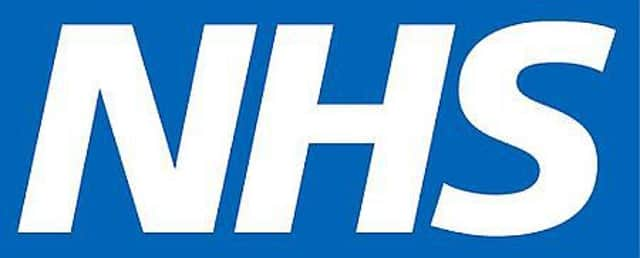NHS offers heat wave warnings for Lincolnshire


The Lincolnshire East Clinical Commissioning Group (CCG) has said that vulnerable groups, such as the elderly, seriously ill and very young, are considered to be at most risk, as high temperatures can exacerbate heart and breathing problems.
An NHS spokesperson said: “Dehydration is a key concern and we would encourage those spending time outdoors in particular to drink plenty of fluids, but avoid caffeine, fizzy drinks and alcohol.
Advertisement
Hide AdAdvertisement
Hide Ad“Remember if you feel thirsty you are already dehydrated, which left untreated could lead to severe health issues.
“Make the most of the warm weather, but if you are out and about in the county over the next few days, remember to stay sun safe. Try to stay out of the sun between 11-3pm and wear a high factor sun cream containing UVA and UVB protection.”
The main risks posed by a heat wave are dehydration, overheating, heat exhaustion and heat stroke.
Tips for coping in hot weather include:
• Shut windows and pull down the shades when it is hotter outside. If it’s safe, open them for ventilation when it is cooler.
Advertisement
Hide AdAdvertisement
Hide Ad• Avoid the heat: stay out of the sun and don’t go out between 11am and 3pm (the hottest part of the day) if you’re vulnerable to the effects of heat.
• Keep rooms cool by using shades or reflective material outside the windows. If this isn’t possible, use light-coloured curtains and keep them closed (metallic blinds and dark curtains can make the room hotter).
• Have cool baths or showers, and splash yourself with cool water.
• Drink cold drinks regularly, such as water and fruit juice. Avoid tea, coffee and alcohol.
Advertisement
Hide AdAdvertisement
Hide Ad• Stay tuned to the weather forecast on the radio or TV, or at the Met Office website.
• Plan ahead to make sure you have enough supplies, such as food, water and any medications you need.
• Identify the coolest room in the house so you know where to go to keep cool.
• Wear loose, cool clothing and a hat if you go outdoors.
If someone feels unwell, get them somewhere cool to rest. Give them plenty of fluids to drink.
If symptoms, such as breathlessness, chest pain, confusion, weakness, dizziness or cramps, get worse or don’t go away seek medical help by calling 111.